

What are macros and why is it important to know about them if you want to get fit in 2021? At the end of the day, energy expenditure is measured in calories and not macros. Common sense would dictate that counting calories and cutting back on them is a good enough strategy to lose weight. Unfortunately, things are not this simple when it comes to long term weight loss.
As the saying goes, a calorie is not always a calorie, meaning that energy sourced from a broccoli will fuel your body differently than a calorie from a donut. You could go on a 1,000-calorie donut diet and lose weight, but you would also wreck your body in the process. However, sourcing calories from the right macros can help losing weight and keep it off on the long run.
- How to boost metabolism
- How to lose belly fat
- Which fasting method is best for weight loss? Science has the answer
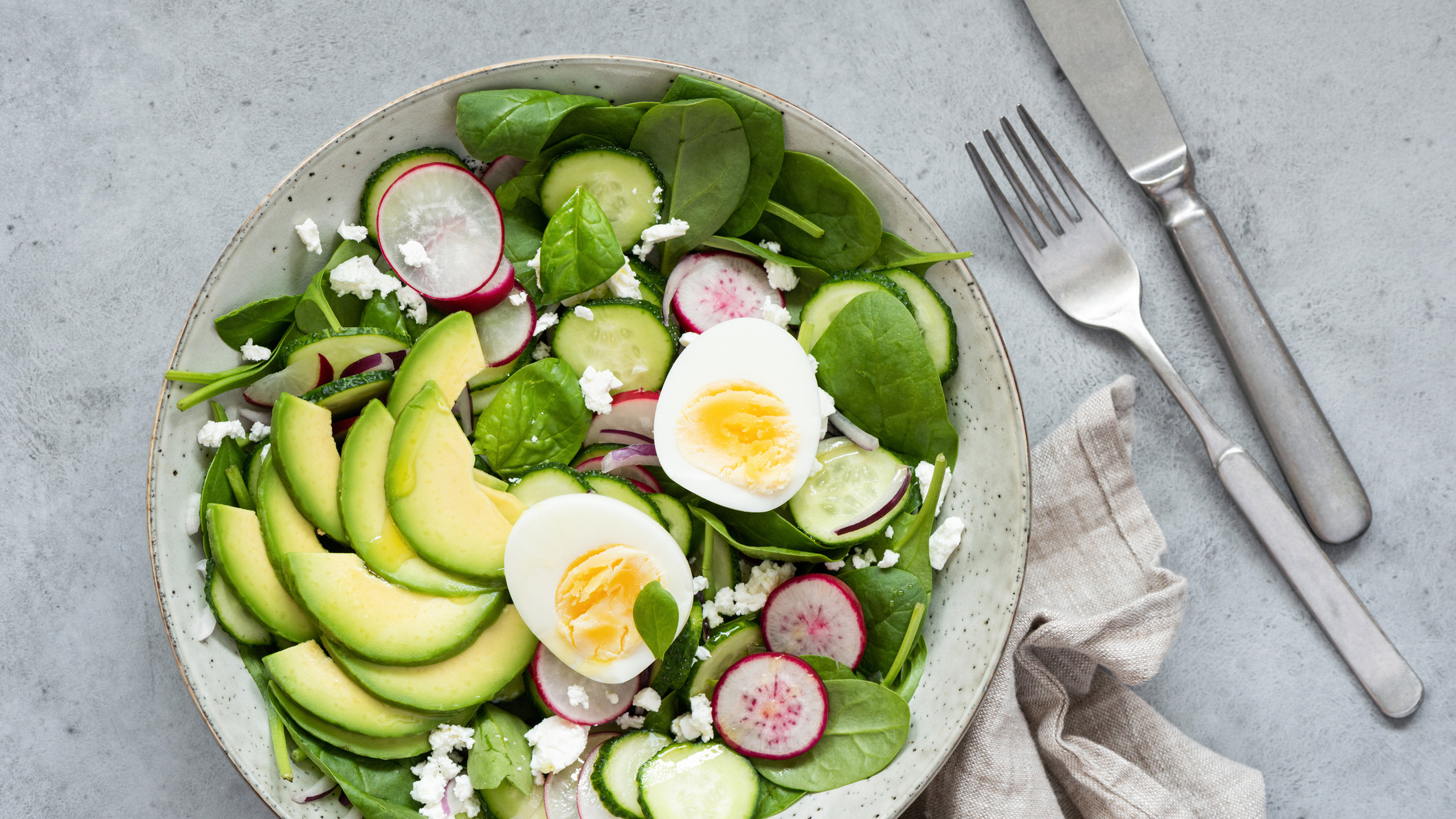
What are macros? 'Macros' is short for macronutrients of which there are three: carbohydrates, protein and fat (or lipids). Considering you have a standard metabolism, you need all three of these macronutrients for your body to function properly, as well as micronutrients such as vitamins and minerals. Most healthy sources of macronutrients also tend to contain ample amount of micronutrients too.
The standard 'western diet' tends to include lots of saturated ('bad') fats and high amounts of carbohydrates (mainly sugars). It is also heavy on processed foods. According to a 2017 study called "The Impact of Western Diet and Nutrients on the Microbiota and Immune Response at Mucosal Interfaces", this type of diet "represent a growing health risk contributing to the increased occurrence of metabolic diseases, e.g., diabetes and obesity in countries adapting a westernized lifestyle."
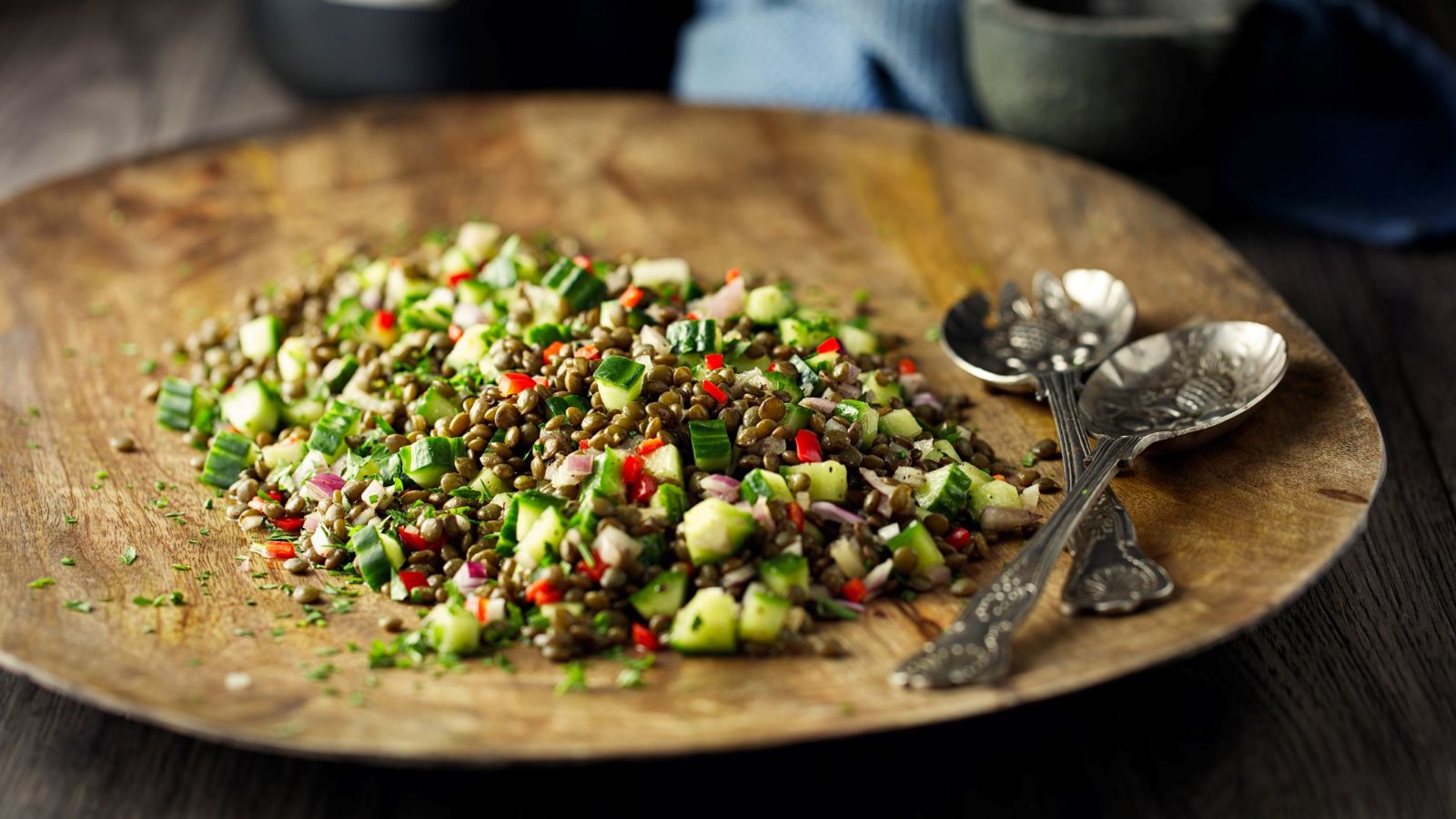
All macronutrients are important but as you can see from the above example, proteins are generally underrepresented in the Western diet. Proteins contain the same amount of calories as carbohydrates (4 calories per gram) but unlike carbs and fats, "there is no protein storage for future needs", according to Wikipedia.
This makes calories sourced from proteins more ideal for weight loss, not to mention proteins are also essential for muscle building and regeneration. You should cover your protein needs from a variety of sources, including lean meat, vegetables (e.g. edamame beans, lentils, chickpeas etc), nuts, fish and eggs.
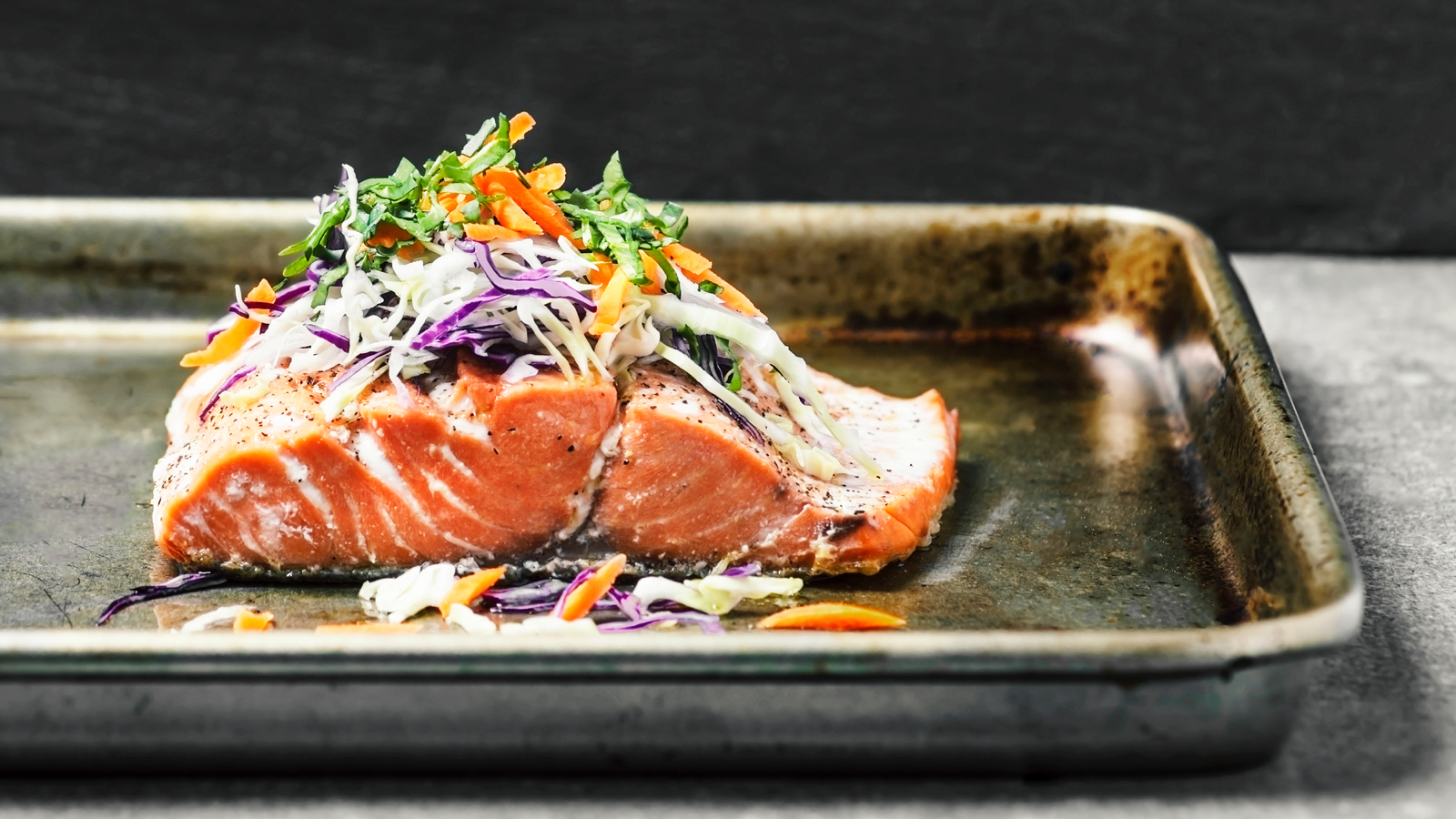
Fats are also often misunderstood. Dietary fats are not equal to fat stored in your body and eating fat will not automatically make you obese either. Fats are complicated but in essence, you want to avoid saturated fats found in the likes of butter, fatty meat, bacon, cheese, cream and spreads and eat more unsaturated fats.
Sign up to the T3 newsletter for smarter living straight to your inbox
Get all the latest news, reviews, deals and buying guides on gorgeous tech, home and active products from the T3 experts
There are two categories of unsaturated fats: mono- and polyunsaturated fats, both are considered 'good' type of fat. The former can be sourced from olive, certain types of nuts, avocados and some seeds (e'g' pumpkin seeds) while the latter can be found in flax seed, walnuts, fatty fish and canola oil. It is worth mentioning that fat is the most energy dense macronutrient – there are 9 calories in a gram of fat – so be careful when snacking on nuts. 30 grams of walnut contains over 200 calories.
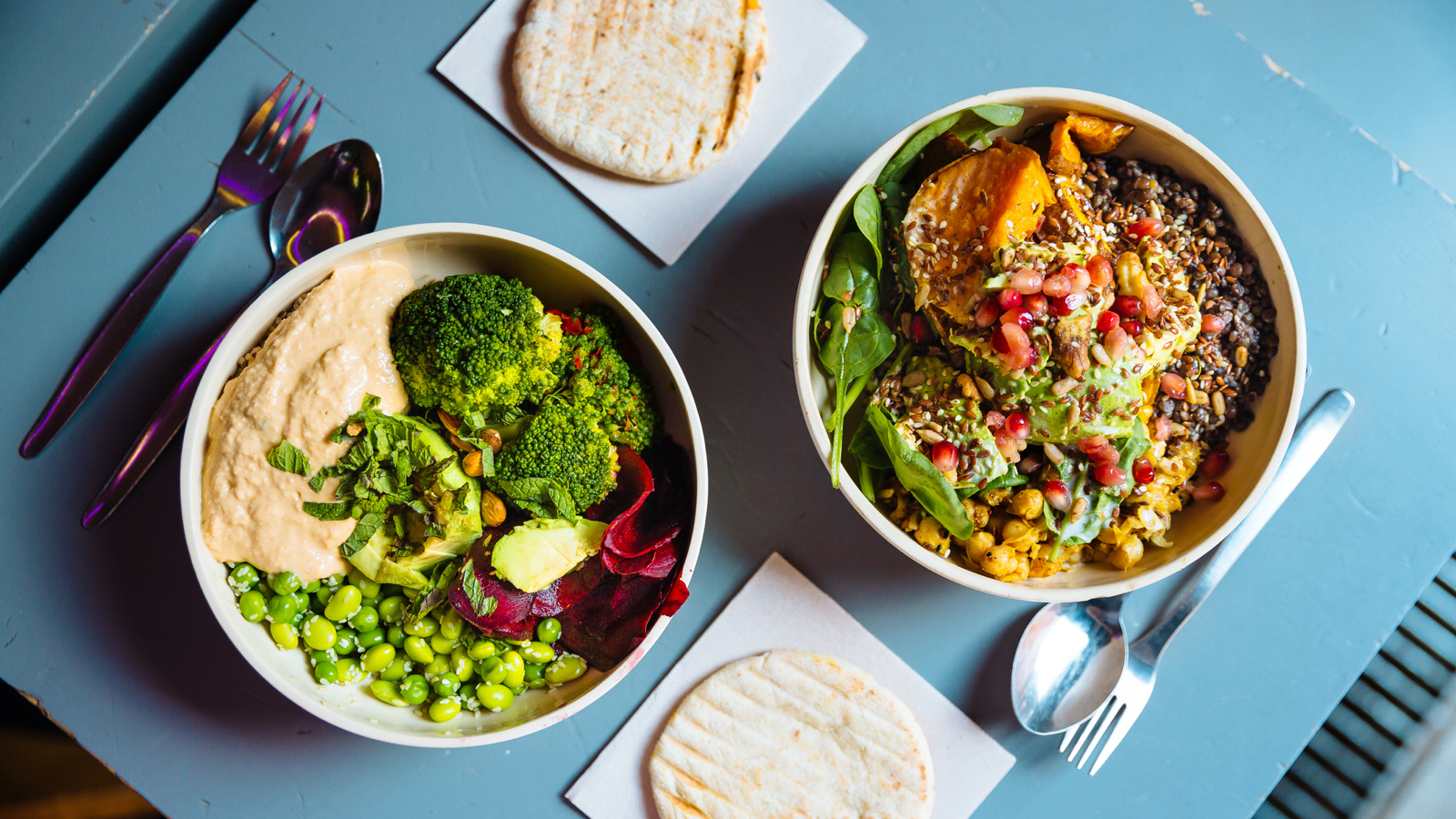
And last but least there is the often misunderstood carbohydrates. Our bodies prefer carbs as the main source of energy but eating lots of carbs – even if they aren't sugars – can spike insulin levels in the blood which on the long run even can cause Type 2 diabetes. Excess carbs can also be stored in our body in the form of glycogen.
This doesn't mean you need to shun carbs from your diet to be healthy and lose weight. Not only there are healthy sources of carbohydrates such as whole grains, vegetables, fruits and beans, but eating carbs in moderation before or after exercising can help you build muscle and recover faster.
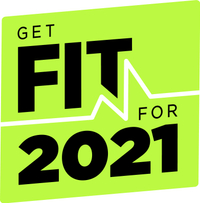
This is part of T3's Fit for 2021 programme, which will be running throughout January. We aim to bring you tips on diet, lifestyle and exercise that will help you shape up for what is certain to be a difficult year. One thing we can guarantee: it WILL be better than last year. And hopefully we'll help you get the most out of it.

Matt Kollat is a journalist and content creator who works for T3.com and its magazine counterpart as an Active Editor. His areas of expertise include wearables, drones, fitness equipment, nutrition and outdoor gear. He joined T3 in 2019. His byline appears in several publications, including Techradar and Fit&Well, and more. Matt also collaborated with other content creators (e.g. Garage Gym Reviews) and judged many awards, such as the European Specialist Sports Nutrition Alliance's ESSNawards. When he isn't working out, running or cycling, you'll find him roaming the countryside and trying out new podcasting and content creation equipment.
-
 OnePlus Watch 3 lands in the UK with a flurry of freebies and a huge discount
OnePlus Watch 3 lands in the UK with a flurry of freebies and a huge discountThe new titanium-clad smartwatch brings 120-hour battery life, ECG health checks, and some serious launch offers
By Matt Kollat Published
-
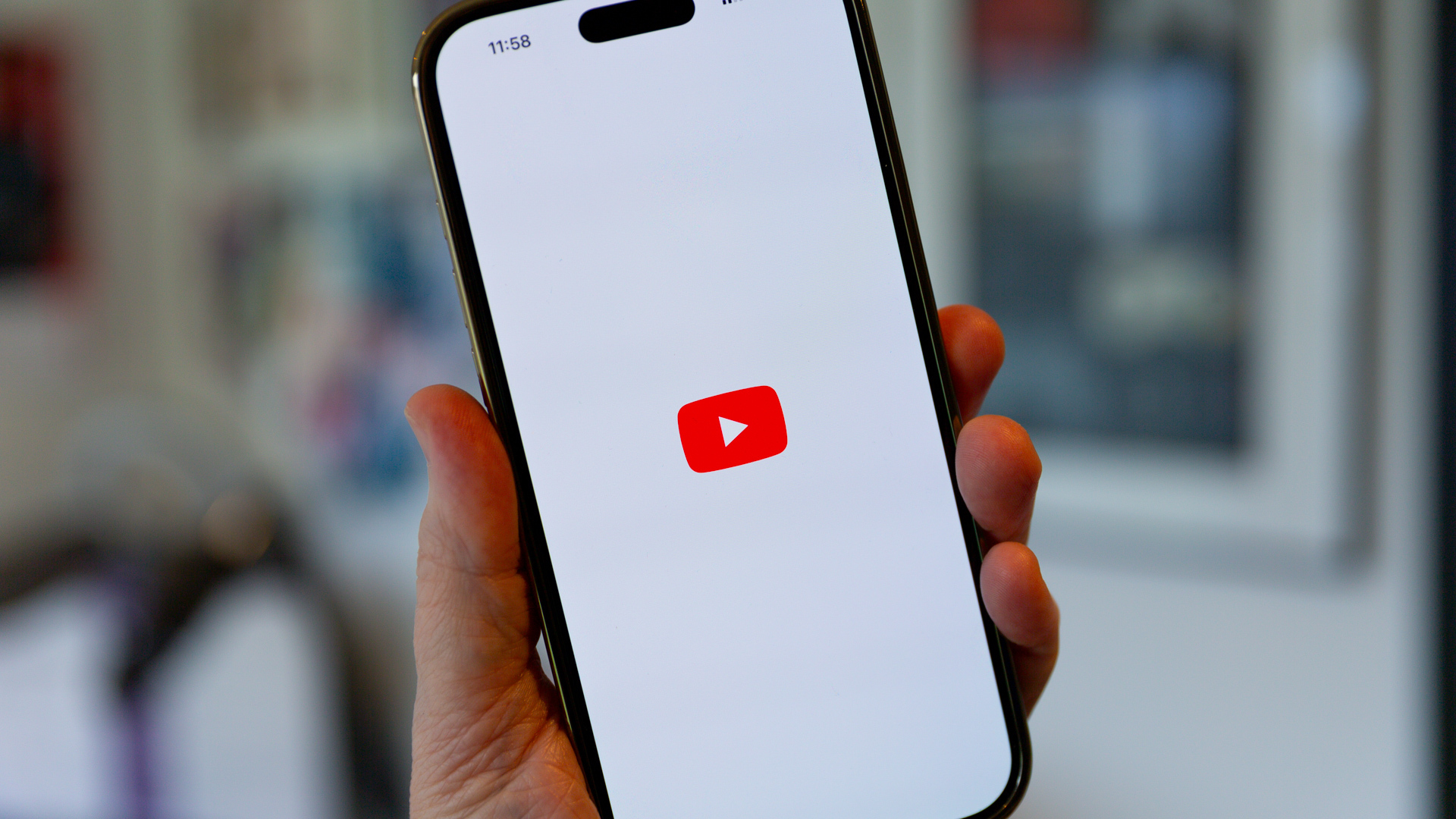 Future YouTube feature could put an end to your doomscrolling
Future YouTube feature could put an end to your doomscrollingAnd that's something we would love to see
By Britta O'Boyle Published